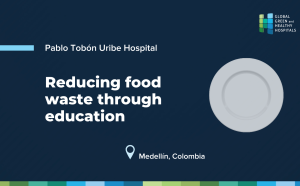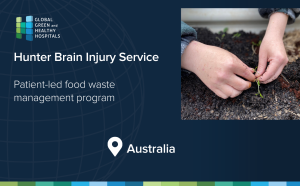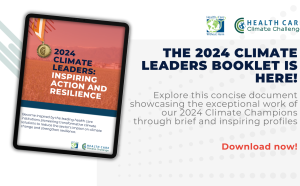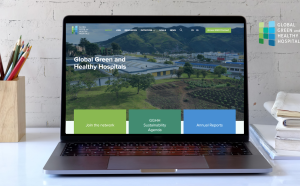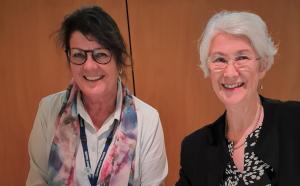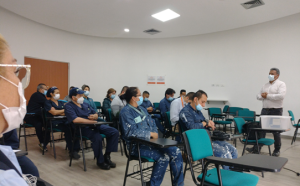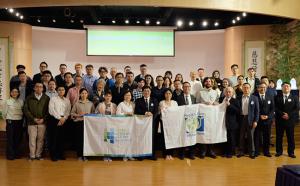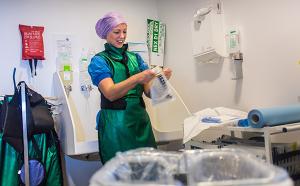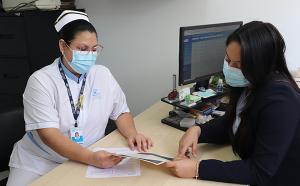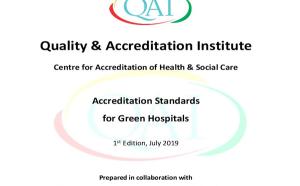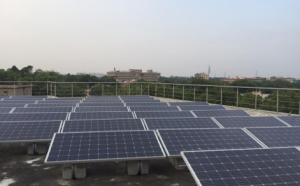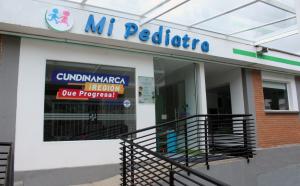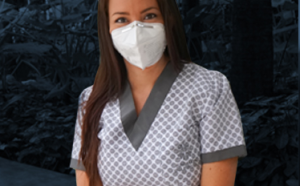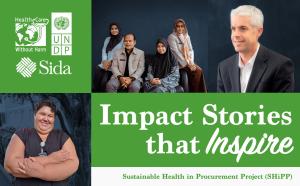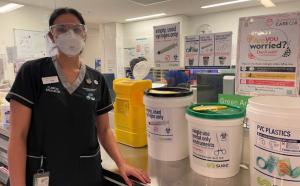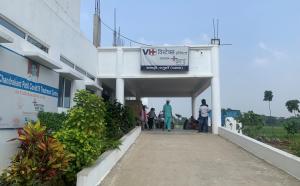In Sweden, harmonizing sustainability criteria amongst different public authorities is essential to reduce administrative burden and give a clear signal to the market through specialized collaborative networks that share expertise and tools.
The National Agency for Public Procurement provides tools to optimize procurement processes and achieve sustainable development goals. Their publicly available database has more than 600 criteria (environmental, social, labor, etc.) ready to be used by procurers. However, developing such product specifications requires the support of different experts and a multi-stakeholder approach.
Not all Swedish procuring authorities have the required in-house expertise, but they can begin their procurement process using the baseline tool provided by the National Agency.
To minimize the negative impact of healthcare procurement, the National Agency stresses the importance of traceability throughout products’ supply chains. It applies a lifecycle approach that considers both the carbon footprint and the presence of hazardous substances. The National Agency provides many toolkits, including a lifecycle-costing tool to ensure that procurement cost calculation is consistent across the country.
About SHiPP
The Sustainable Health in Procurement Project (SHiPP) was a four-year program developed by the United Nations Development Programme (UNDP) in collaboration with Health Care Without Harm and funded by the Swedish International Development and Cooperation Agency (SIDA), that aimed to reduce the harm to people and the environment caused by the manufacture, use, and disposal of medical products and by the implementation of health programs.
With an expansive and diverse network of over 1,700 members in more than 80 countries, GGHH was a key vehicle to engage the health sector around the globe on sustainable procurement through the Sustainable Health in Procurement Project (SHiPP).
July 23, 2025
March 10, 2025
February 06, 2025
July 30, 2024
June 27, 2024
May 28, 2024
February 21, 2024
October 04, 2023
September 20, 2023
September 06, 2023
August 30, 2023
August 16, 2023
August 23, 2023
August 09, 2023
June 28, 2023
June 21, 2023
June 14, 2023
May 31, 2023
May 17, 2023
May 03, 2023
April 19, 2023
March 08, 2023
February 23, 2023
February 14, 2023
February 01, 2023
January 18, 2023
January 05, 2023
December 13, 2022
November 30, 2022
November 16, 2022
October 19, 2022
October 05, 2022
September 29, 2022
September 28, 2022
August 10, 2022
May 31, 2022
April 11, 2022
January 13, 2022
January 06, 2022
November 05, 2020
October 14, 2020


